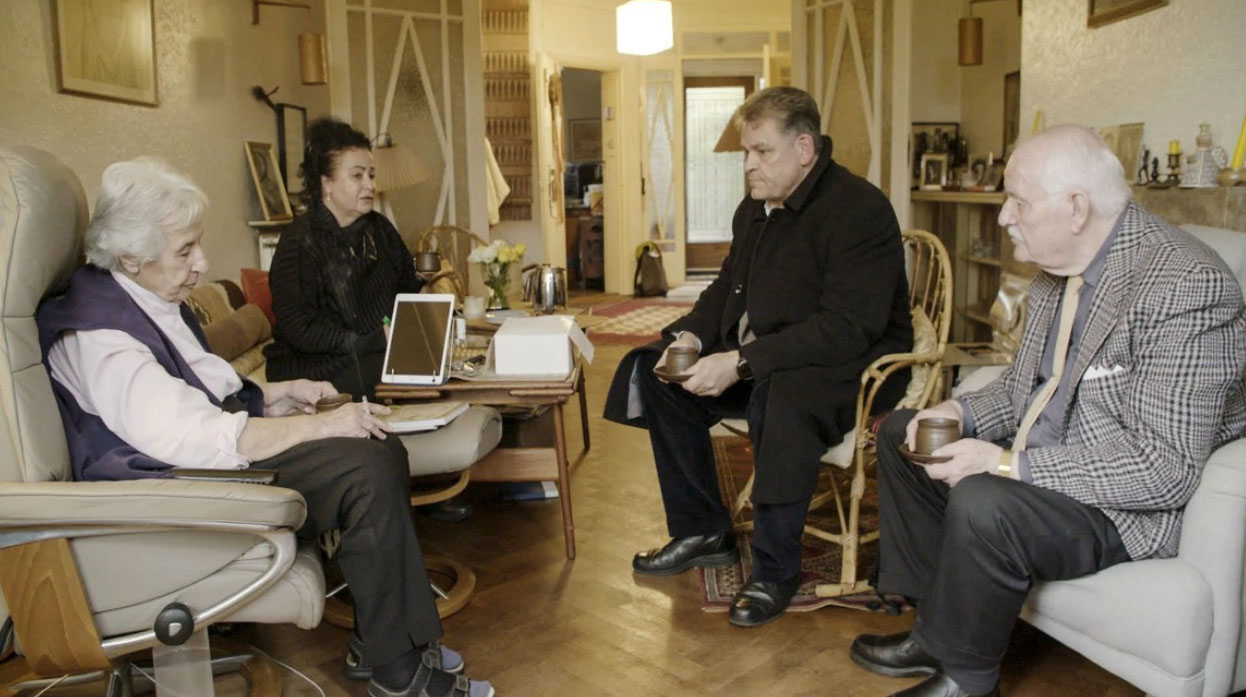Here’s something a little different: The ” title=”Bernie Madoff” target=”_blank”>Bernie Madoff.
Monroe L. ” title=”The New York Times” target=”_blank”>The New York Times reported that it looked nothing like the house of cards that was Bernard L. Madoff Investment Securities:
While victims of Mr. Madoff’s fraud, like most Ponzi victims, condemned their accused betrayer in court as a monster, many of Mr. Beachy’s investors have said in court that it is more important to forgive him than to recover their money.
While the Madoff case and others like it have inevitably created conflict between longtime investors fighting to keep their fictional profits and more recent investors trying to recover lost principal, some Beachy investors urged that their own share of his estate should be given to those in greater need.
And while Mr. Madoff’s wife and sons instantly became social pariahs in Manhattan, Mr. Beachy’s wife and children remain at his farmstead here, living peacefully with their neighbors.
Why the different treatment? The distinction can’t be only that Beachy was a leader in his community—Madoff was too. There seems to be a religious motivation behind the Amish reaction, but the NYT doesn’t explore it.
As a religion reporter in Southern California, I didn’t have much opportunity to report on the Amish. Los Angeles has the bright lights; the Amish eschew electricity. So I lack significant knowledge on the topic, but my sense is that forgiveness is central to Amish religious practice, maybe even more so than it is in Christian theology.
Think back to the ” title=”Amish Grace: How Forgiveness Transcended Tragedy” target=”_blank”>Amish Grace: How Forgiveness Transcended Tragedy”:
What we learn from the Amish, both at Nickel Mines and more generally, is that how we choose to move on from tragic injustice is culturally formed. For the Amish, who bring their own religious resources to bear on injustice, the preferred way to live on with meaning and hope is to offer forgiveness — and offer it quickly. That offer, including the willingness to forgo vengeance, does not undo the tragedy or pardon the wrong. It does, however, constitute a first step toward a future that is more hopeful, and potentially less violent, than it would otherwise be.
Forgiveness doesn’t mean that Beachy’s swindle didn’t cripple his community just like Madoff’s did. But, it seems, the Amish believe that the damage would be even greater if they didn’t quickly forgive Beachy and try to move on.






















 More news and opinions than at a Shabbat dinner, right in your inbox.
More news and opinions than at a Shabbat dinner, right in your inbox.